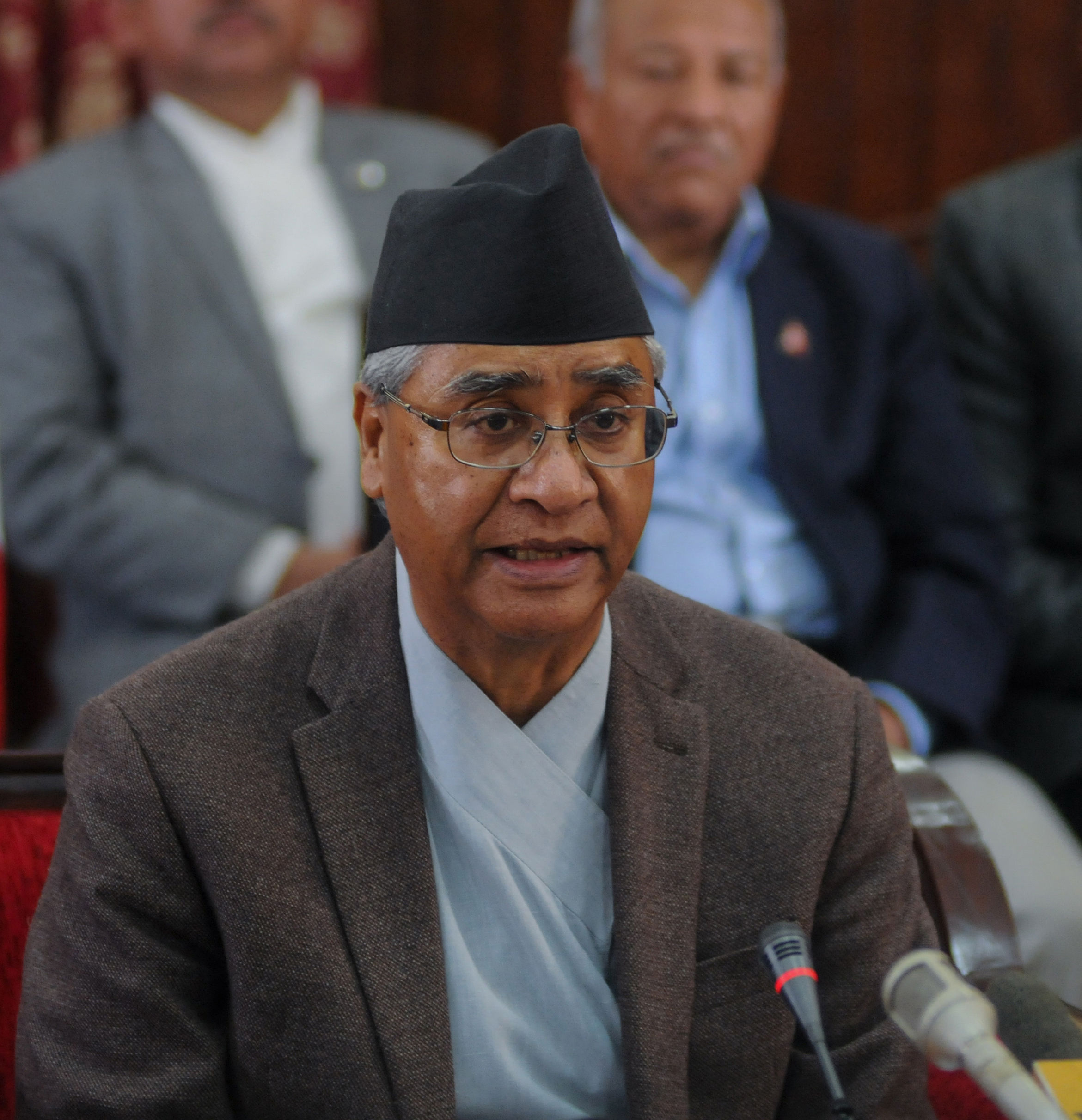Sher Bahadur Deuba, Nepali Congress leader and four-time prime minister of Nepal, is all set to take oath the fifth time on Tuesday succeeding KP Sharma Oli. This comes a day after the top court of the Himalayan nation reinstated the dissolved lower house and issued a mandamus naming the 75-year-old opposition leader as the successor, capping months of political uncertainty.
“…Sher Bahadur Deuba will form a new cabinet for which we would start consultations and discussions. This would be alliance government and we will be holding a discussion about further ways to make it more effective and working addressing concerns of the public that would cover the issues about Covid-19 management, vaccines, corruptions and others,” Baburam Bhattarai, former Prime Minister and one of the leaders of opposition alliance told reporters on Monday evening.
In a landmark verdict on Monday, Nepal’s Supreme Court directed President Bidya Devi Bhandari to appoint Opposition Deuba as prime minister and dismissed her “unconstitutional” move to dissolve the House of Representatives. This dissolution bid was the second in five months.
Soon after the top court’s verdict, Nepali Congress president Deuba held consultations with the alliance partners to form a new government.
Among those who attended the meeting were the leaders of the CPN (Maoist Center), Upendra Yadav-led Janata Samajbadi Party (JSP), and Madhav Nepal-led faction of the UML.
What next?
Deuba will quickly have to chalk out a plan and power sharing formula with his allies and get into action to tackle the pandemic and push the vaccination drive.
The Nepali Congress leader will have to win a vote of confidence within 30 days of his appointment. As per the court order a new session of the House of Representatives will have to be called at 5 PM on July 18.
The background
President Bhandari had dissolved the 275-member lower house for the second time in five months on May 22 and announced snap elections on November 12 and November 19. This was done on the recommendation of Prime Minister Oli .
This despite Deuba staking claim to form the government with the support of 149 lawmakers . To top that, the Election Commission last week went ahead and announced the schedule for mid-term elections despite the uncertainty.
Thirty petitions were filed against the dissolution of the House by the President. One of the petitions, with signatures of 146 lawmakers, was filed by the Opposition parties’ alliance. Their petition sought the reinstatement of the lower house of Parliament and appointment of Deuba as the prime minister.
Political crisis
Nepal plunged into uncertainty on December 20 last year after President Bhandari dissolved the House and announced fresh elections on April 30 and May 10 at the recommendation of Prime Minister Oli, amidst a power tussle within the ruling Nepal Communist Party (NCP).
On February 23, in a setback to Oli, the top court reinstated the dissolved House of Representatives.
KP Oli lost a trust vote in the House and is currently heading a minority government.






